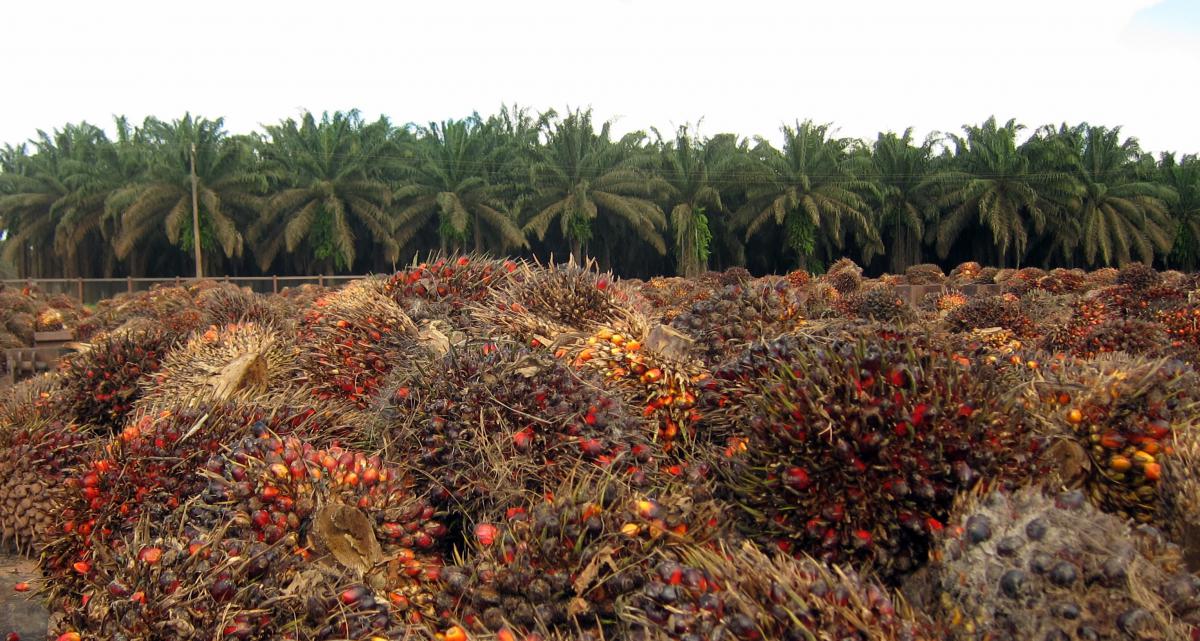
I drew some interesting conclusions from the discussions:
- The concept of being a deforestation free smallholder did not really resonate at the smallholder level; some wondered what it was, and if they should not rather be rewarded for the quality of their production;
- When the concept was properly explained, the farmers did not expect that creating deforestation free smallholders would lead to less deforestation;
- Any attempt to reduce deforestation requires a number of actions: 1) the identification of the areas under threat; 2) an analysis of which actors could take the responsibility of conserving these areas; and 3) who could actually implement the necessary work, noting that the local government needs to be involved.
- While zero deforestation commitments are useful for communication purposes and to distance Western market players from deforestation, to reach transformative change, more focused and concerted actions are needed.
This workshop was in April 2019, less than a year before many companies have pledged to ensure the creation of deforestation free supply chains. So it is a good moment to critically reflect on what we have learned, what can be improved and what we need to do to seize the opportunity and deliver more positive outcomes. For me, the answer is clear. It is time to move beyond zero deforestation commitments and start focusing on deliberate and concerted actions that create positive impact on the ground, in the sourcing areas. This should be done by proactively developing and contributing to solutions that are long term, sustainable and locally owned.
This is not new. There is a growing worldwide movement of practical, solution-oriented producers, businesses, government agencies and CSOs which are developing and providing real, innovative solutions and trial programmes that are starting to deliver tangible results. Industry players can play a crucial role in championing and profiling these results at a local level.
Companies can assume responsibility by assessing their impact on community livelihoods and global conservation values and look for opportunities to materially invest in the creation of innovative and long-lasting solutions.
For Solidaridad, such solutions contain the following elements:
- Ownership and governance by local (farming) communities and local governments. To ensure good governance of common resources that need protection, like forests, water, and grazing lands, participatory processes of demarcation and identification should be implemented. All actors (potentially) involved in deforestation and reduction thereof should be at the table.
- Immediate, perceived benefits for (farming) communities. There should be incentives for investing in long-term productivity and restoration of forests. Benefits should be created through better market access, legalization of land use rights, or technical assistance to improve farm productivity and raise incomes.
- An investment case for sustainable development: CSOs, sourcing and trading companies working with farmer communities, landowners and governments should support the development of long-term investment cases which prioritize rational land use, decent livelihoods and conservation – or restoration – of fragile or ecologically valuable areas. Such investment cases need to be demonstrated and proven with data.
A company can step in at any of the stages outlined above, depending on its interests and resources:
- In the early stages, there is a need for grants to show local farmers the alternative options, and to generate willingness and capacity with local governments and businesses to collaborate.
- After a few years, market access, business intelligence and preferential sourcing can reward early adopters.
- At all stages there is a need for co-investment in rehabilitation, and conservation of ecosystem services.
At Solidaridad, we are fortunate to have a long-term partnership with Henkel, a company using palm oil products and derivatives for home, laundry care and personal care products. Besides a zero deforestation commitment and buying only Mass Balance certified sustainable palm material, they have decided to invest in sustainable palm oil and palm kernel oil production of a volume commensurate to their global demand.
Solidaridad invests these resources in projects promoting sustainable palm oil production by smallholders, improving their livelihoods and at the same time improving environmental performance. For example by mapping and ensuring protection of forests. For an overview of the partnership see this factsheet.
We think this is a great example of how a company can take responsibility to actually improve the sustainability of palm oil production by investing in its palm oil value chain. We hope others will follow suit, and partner with us or with any other NGO working on tangible improvements on the ground. It would mean that rather than divesting from difficult areas, we tackle the issues head on, through shared analysis and problem solving and actually making a positive contribution!
You can read more about Science for Nature and People Partnership on this page.
Read more about the Solidaridad palm oil programme here.
